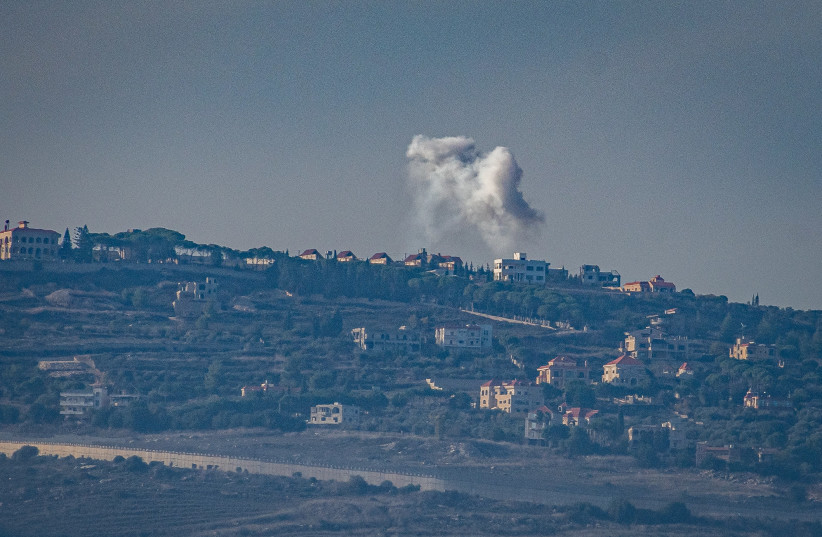Defense Minister Yoav Gallant on Wednesday met with local northern authorities from evacuated communities and told them that Hezbollah would need to choose between a negotiated process where it backs its forces off of Israel’s border, or the IDF would take action to ensure that.
He said, “there is one possibility that we will reach a different deal…with international negotiators that they will respect our presence here…the second possibility is that we will be forced to do it by force.”
Moreover, he said that Israel does not want a larger conflict with Hezbollah, but that if it is necessary, “we will not hesitate, as we did not hesitate in the South,” with Hamas.
“When we finish the process of fighting in Gaza, we will be in a different reality where the military efforts will shift to the North because the different level of power comparing Hezbollah to Hamas is well-known to us,” added Gallant.
The defense minister continued, “Wherever before there was a battalion [guarding the northern communities] there will be [an entire] brigade. There will be a different level of defense and there will be other security components.”

Hezbollah lost over 100 fighters, substantial weaponry
Gallant continued citing that Hezbollah has lost over 100 of its terrorist fighters and substantial weapons stores and command facilities.
Further, he said, “it will be clear that in the area where the borders come into contact, there will be no threats, no gunfire, no anti-tank missiles, no forces, and for sure no forces which could invade the territory of the State of Israel from close by.”
Despite Gallant’s promises, Prime Minister Benjamin Netanyahu overruled the defense minister at the start of the war about confronting Hezbollah at the time.
Also, key war ministers Benny Gantz and Gadi Eisenkot opposed a larger confrontation with Hezbollah, and have not given any hint of a change in that position, even as all political officials have made vague promises about returning northern residents to their homes with security.
Though there is a hope among Israeli officials that Hezbollah will comply with some kind of voluntary demilitarized security zone in southern Lebanon, it is far from clear what they are willing to do against the terror group’s 150,000 rockets and better trained (than Hamas) forces if there is no such deal.
There were two rounds of exchanges of fire between Hezbollah shooting rockets and the IDF using air strike sand artillery throughout Wednesday afternoon.
Also, on Wednesday, Lebanon complained against Israel over an incident in which Israel has acknowledged it accidentally killed Lebanese forces while attacking Hezbollah.
The IDF is investigating what went wrong but has declined to share details to date.
